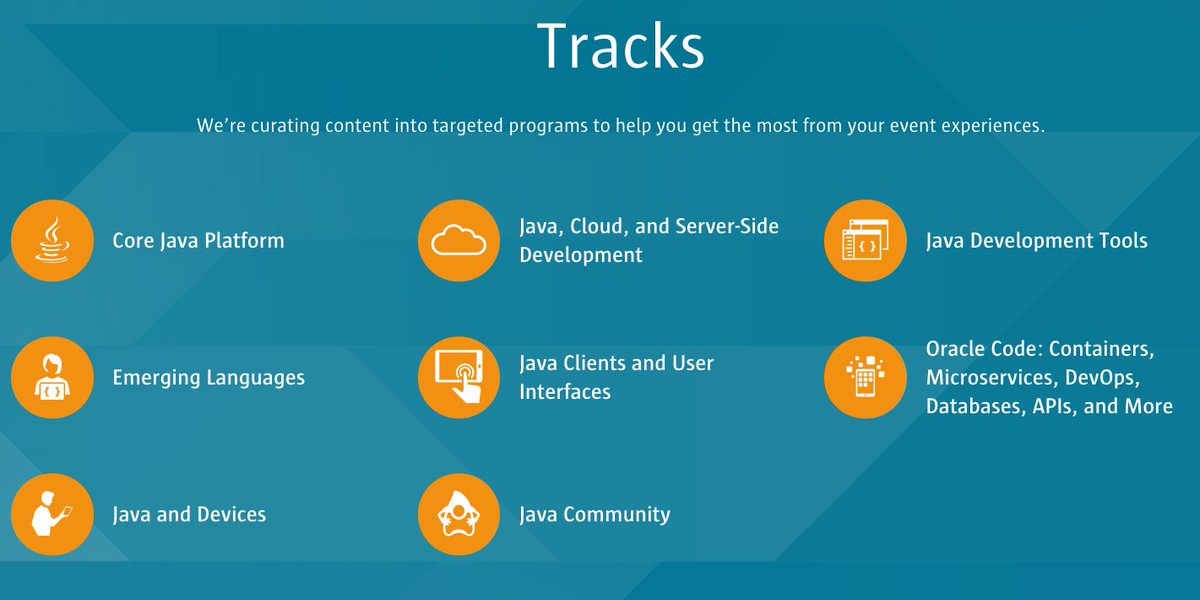Oracle announced that they are turning JavaOne into Oracle Code One. There was a lot of Twitter chatter that week. I want to add my two cents.
Tracks
First off all, JavaOne had two non-Java tracks last year:
- Emerging Languages
- Oracle Code: Containers, Microservices, DevOps, Databases, APIs and MOre

That means that 2/7 or approximately a quarter of the conference was already not about Java. I realize that’s not exact. Some of the topics in that quarter were about JVM languages. But it does show that JavaOne reflected the reality of polyglot developers and didn’t focus on “just” Java. (I think I remember there being some JavaScript stuff too, but maybe I’m remembering wrong.)
Two conferences
It’ll be interesting to see what if anything moves Oracle OpenWorld to Oracle code. Some of the Oracle technology specific sessions are about coding so maybe it is time for them to move.
Piloted at city events
Oracle ran Oracle Code in different cities. I went to (and spoke) at the New York City one. There was a good amount of Java there. There were also a good number of talks Java developers would find relevant even if they weren’t specific to Java. If that ratio of talks at Oracle Code One matches Oracle Code, I’ll be one happy developer.
Naming
- DevNexus is a “Java focused” conference; they call themselves the second biggest Java conference in the US (or world; I forget.) They have non Java sessions – DevOps, JavaScript, etc. But no .NET at this time so they do cover what a JVM stack developer wants to know. Note they don’t Java in the name either and nobody is crying.
- CodeRanch is a forum that used to be named JavaRanch. It’s still mostly JVM language focused, but the name also reflects that it is more than “just Java.”
Advice for Oracle
Remember the community. Jakarta EE might not belong to you, but it is an important part of the community. Make sure there are still talks on it.
Sentimentality
Change is hard. Personally, I really wanted to speak at JavaOne. So glad I got to last year before the opportunity was gone. That said, Oracle Code NYC was a good event so I expect Oracle Code One to be as well. And I want to speak there too. So now I have a new goal :).
Conclusion
The world isn’t ending. This isn’t the death of Java or the conference. What makes “JavaOne” the flagship conference isn’t the name. It’s the people/venue/event/scale. So if you are a Java community leader/speaker, go again. Don’t make “the death of JavaOne” a self fulling prophecy.
And now off to submit my application…
